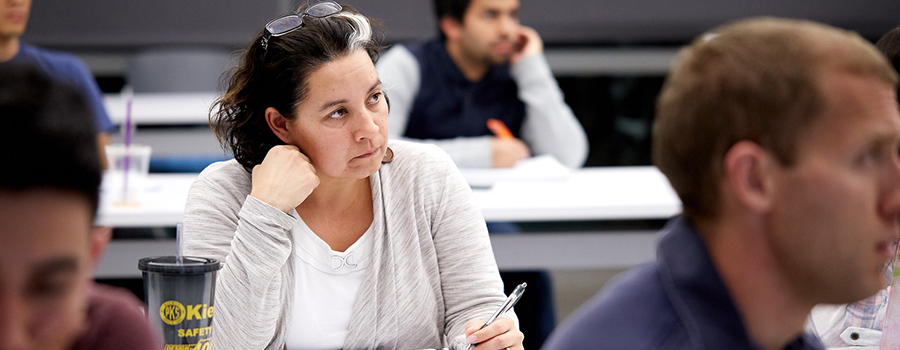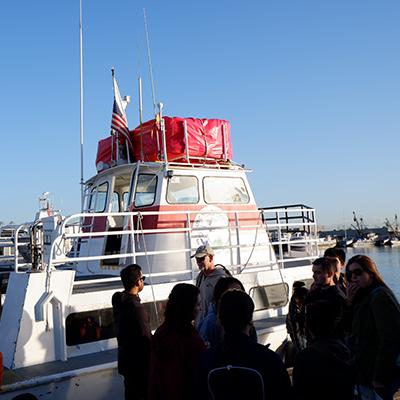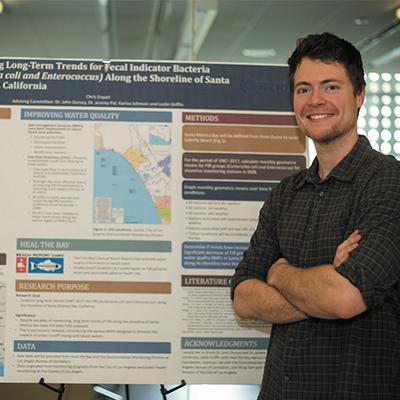Certificates

The Department of Civil and Environmental Engineering offers several three-course certificates for professional engineers and scientists seeking to enhance their careers without committing to a full master's degree program. The overall goals of the certificate programs are to:

- Provide an opportunity for working professionals to expand and update their knowledge base to facilitate promotion career advancement;
- Provide first step for those not willing to commit to an advanced degree program; and
- Enhance interactions with current graduate and undergraduate students with working professionals in a combined classroom setting.
Upon completion of one of more certificates, the student may formally apply for the Master of Science programs in Civil Engineering or Environmental Science. If accepted, all courses completed toward the certificates can be applied towards the master’s degree.
Certificates are offered in Civil and Environmental Engineering through the following programs:
- Sustainability: Learn the engineer’s role in sustainability and sustainable design; understand and apply the principles of sustainable engineering and development and the levels of green building practices; explore the principles in climate modeling, the factors affecting climate change, and the climate change impacts on California and the Western U.S. water supply.
- Water and Wastewater Treatment: Explore the theory and practice of the physical and chemical treatment processes used to treat water and wastewater; learn about biological treatment of wastewater and wastewater residuals; and explore either membrane treatment systems or water and wastewater systems design.
- Water Quality Management: Learn the basic principles of water quality management; study aquatic chemistry with an emphasis on calculation methods for solving for chemical speciation in natural and treated aquatic systems; and explore the physical, chemical, and biological processes governing the movement and fate of chemicals in surface water and the subsurface.
Certificate Program Admission Requirements

All applicants must hold a Bachelor of Science B.S. or higher degree in any science or engineering discipline (or obtain consent of the program director) and submit the following:
- A completed application form and $50 application fee
- Official Transcripts from all colleges and universities attended
- Personal Statement discussing how the program fits into your career development.
The department may require applicants who lack an adequate background in mathematics, chemistry, and/or science to take additional courses prior to being admitted into the program.
International applicants should submit the items listed above plus the additional items required by LMU Graduate Admissions.
Certificate Program Completion Requirements
To obtain a certificate, students must complete the required courses with a minimum 3.00 grade point average ("B").